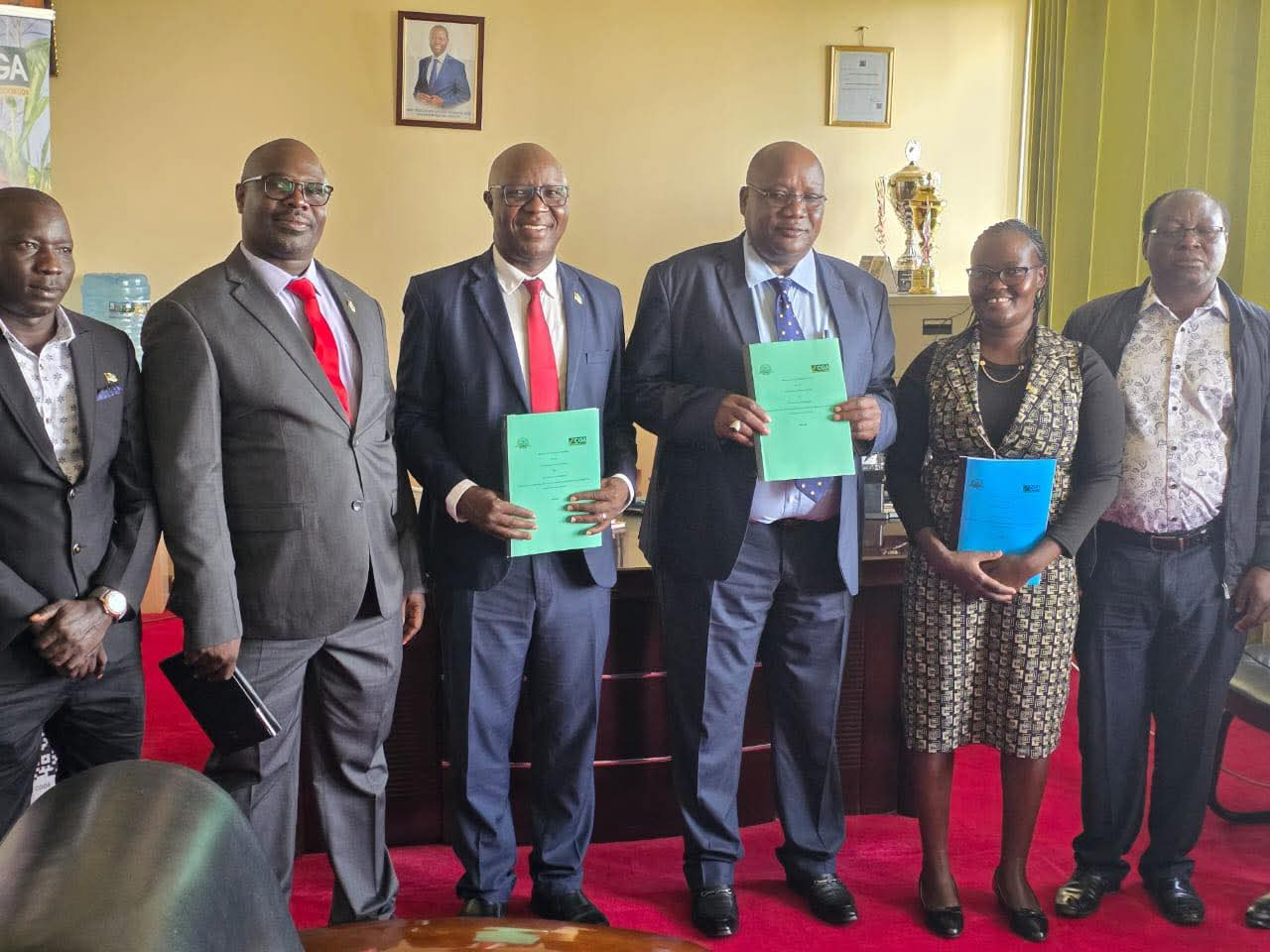
The
hubs, called Farmer Service Centres, are the product of a deal between
the county, the Cereal Growers Association and the German Agency for
International Cooperation (GIZ).
Agriculture
executive Kenneth Onyango said the partnership is a critical boost to
extension services and the county’s broader food security goals.
“This
initiative, alongside our other agricultural reforms, brings synergy
that will drive real change in how farming is done here,” he said.
He
added that no farmer in Kisumu should be left behind as the county
pursues inclusive and transformative agricultural policies.
CGA business partnerships lead Dr Osia Mwanje said the FSCs will be a one-stop shop.
“These centres will bundle key services under one roof to meet the needs of smallholder farmers more efficiently,” he said.
He cited input supply, mechanisation, extension services, market access, microfinance and training.
“With
land sizes shrinking and climate change posing growing challenges, we
must invest in systems that maximise yields, protect our soils and
secure food supplies,” Mwanje said.
GIZ policy adviser Evans Asena said the centres in Kisumu will double as demonstration hubs and training nodes.
They will focus on agroecology, sustainable food systems and climate-smart agriculture, he said.
“We
are aligning our efforts with the county to avoid duplicating
programmes and instead scale what has proven effective,” Asena said.
County
director of agriculture Walter Odum said the county has already
deployed 115 extension officers across its wards, but the FSC model
would help close the outreach gap.
“This system will bring practical, hands-on support directly to the farmer, where it is needed most,” he said.
The FSCs will be run by trained agripreneurs identified jointly by local communities and the county government.
The pilot phase also includes Nakuru and Kakamega counties.
It targets more than 40,000 farmers and will inform a national rollout plan covering 32 other counties.
Other CGA representatives present included project manager Duncan Owalo and regional agribusiness coordinator Esther Magambo.









